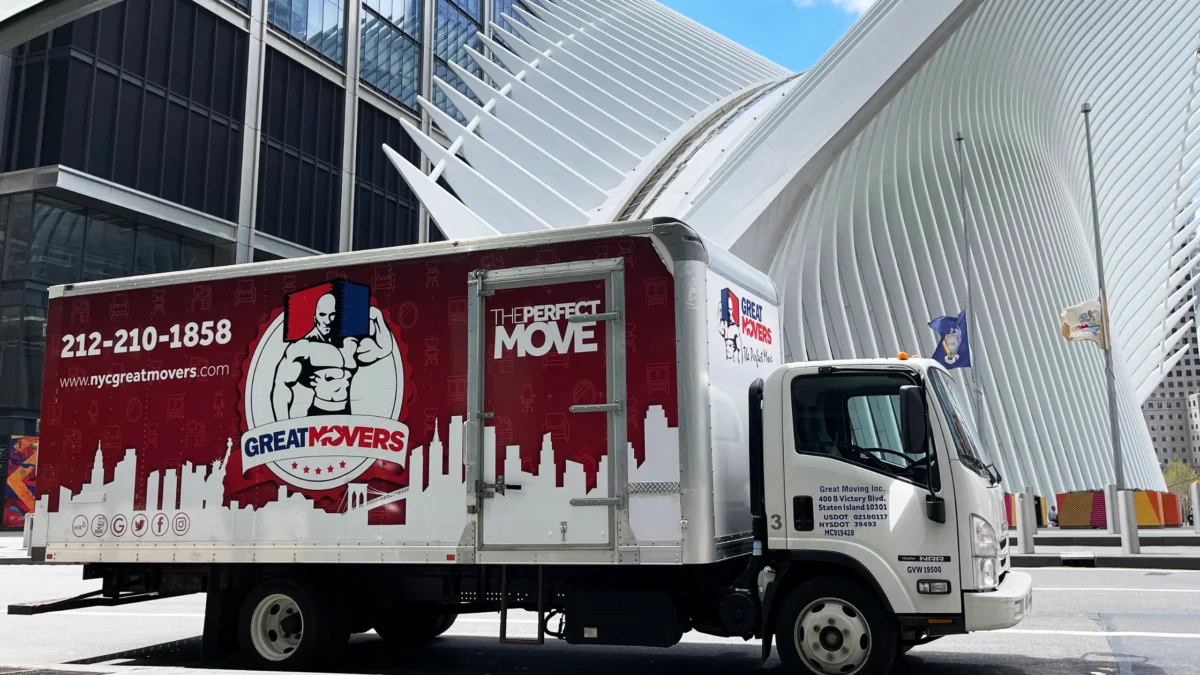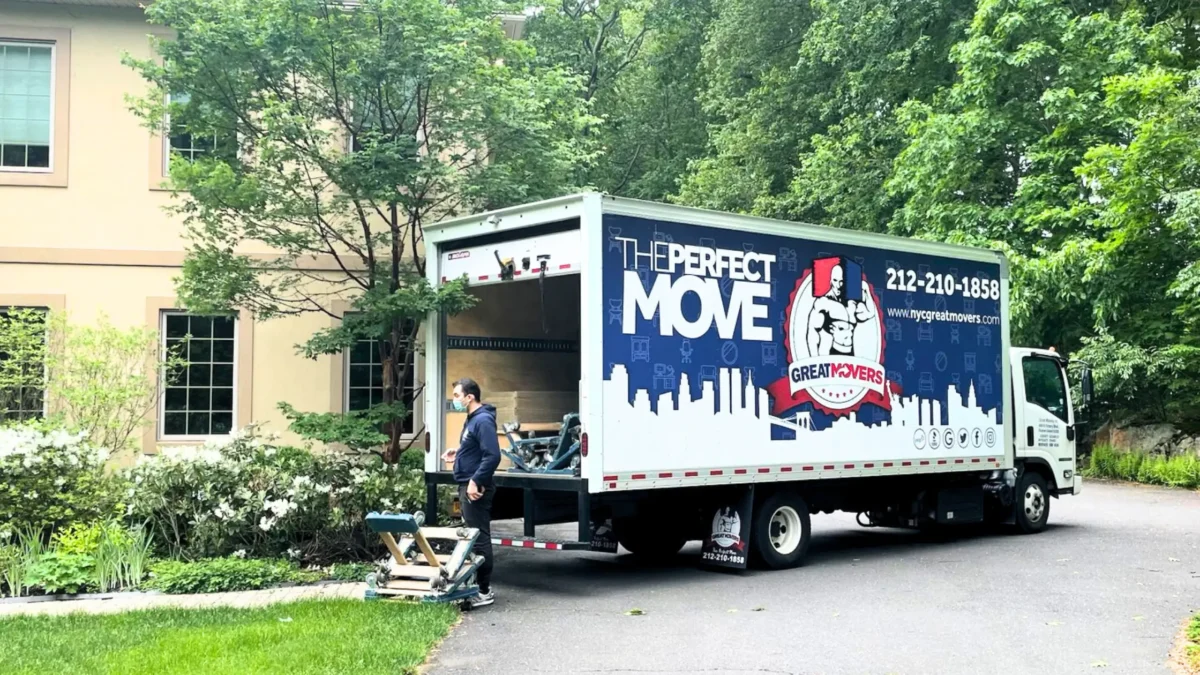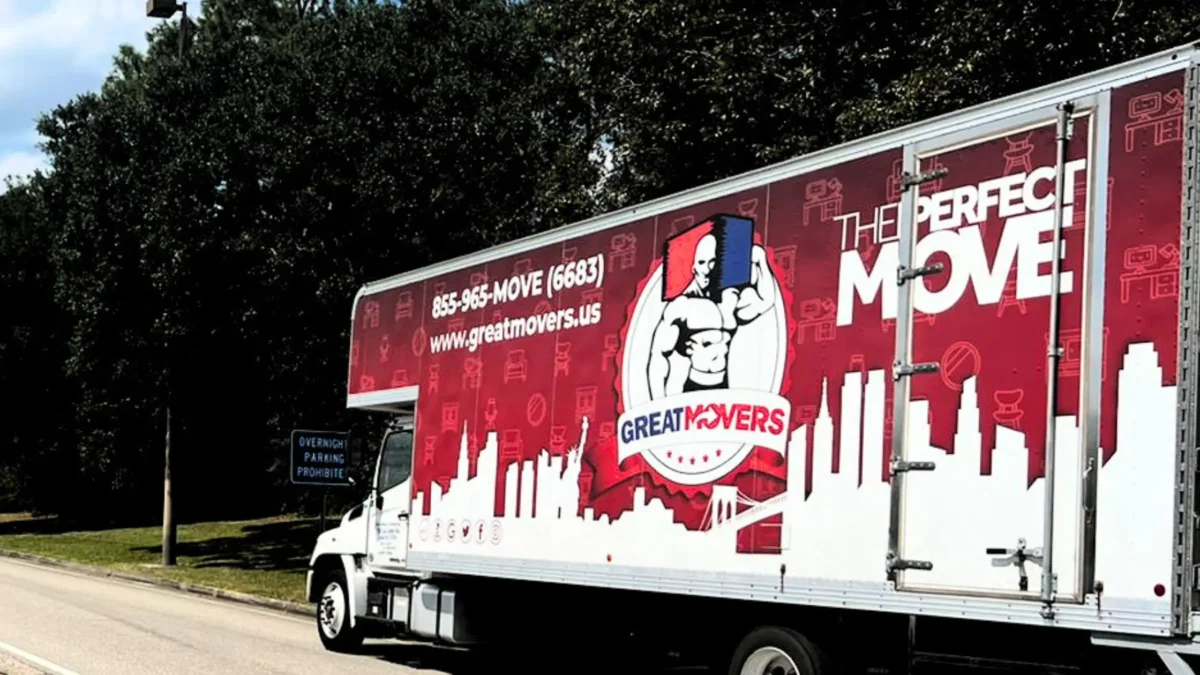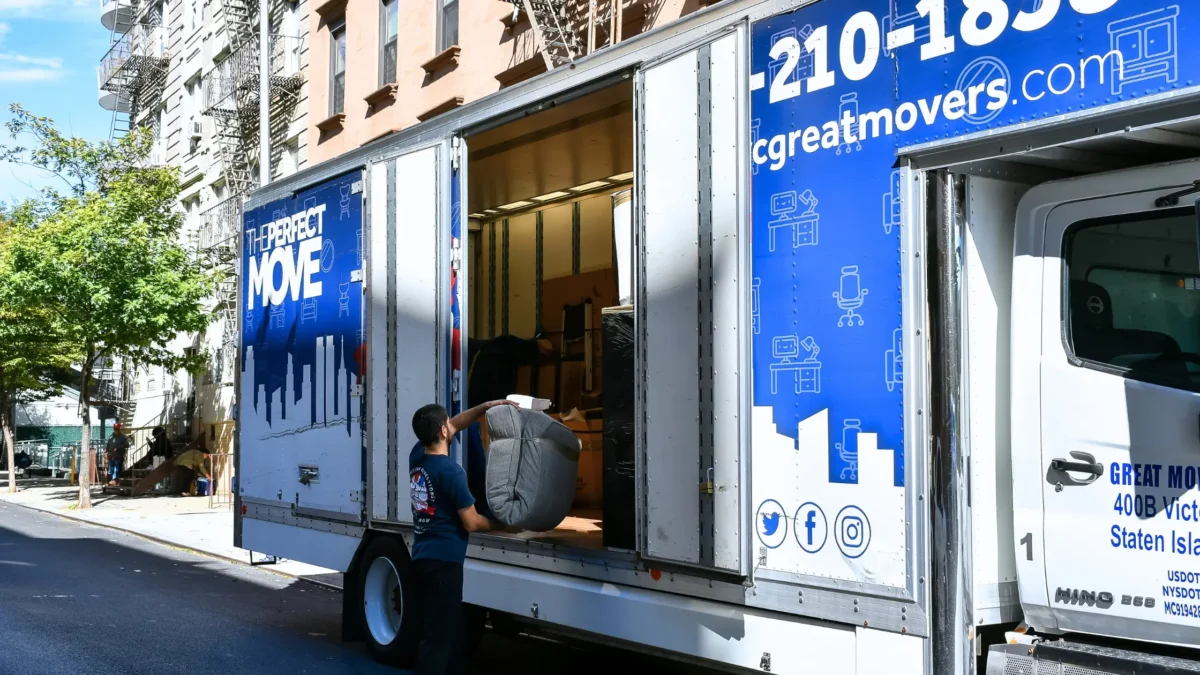While most people might hire professional NJ movers to handle a full house relocation, that doesn’t mean you can’t hire them if you only have a few boxes and some furniture. Sure, you could rent a truck and go the DIY route, but that means you have to deal with everything that comes with it, including lifting and carrying heavy items and driving a large truck through New Jersey traffic. It might save you money, but you could end up hurting yourself or even getting in an accident because you’re not used to driving a large vehicle.
Luckily, plenty of NJ moving companies do provide small move services. So before you decide to rent a van or truck, consider hiring a reliable NJ moving company to do the work for you. Whether you’re making a local or long-distance move, working with an experienced moving company will definitely make things a lot easier for you.
What Qualifies A Small Move
Generally speaking, a small move means you’re relocating fewer household items than what you might typically associate with a full house move. Typically, it means you’re moving less than 2,000 pounds or the contents of a studio or one-bedroom apartment. Of course, a small move can also mean that you’re moving a few pieces of furniture or appliances. Either way, you will probably only need one trip in a moving truck to relocate all of your things.
A small move isn’t just for local relocation. It can still be labeled one even for a long-distance move or cross-country move since the term is based on the amount that you’re moving, not necessarily the distance. Regardless of how small your move is, you should still perform due diligence on the NJ movers you hire to make sure they are properly licensed and insured. Make sure you also get a quote beforehand to ensure the price is within your budget.
When Would You Make a Small Move
Outside of moving from a small apartment, there may be other reasons you would need to make a small move. This includes:
- Moving temporarily due to business or personal requirements
- Moving from or to a dorm room
- Relocating large items like furniture or appliances
- Transferring items from a storage unit to your new home
- Leaving a shared house situation
If you don’t feel like packing, you can always ask the moving company you hire if they provide that service. It will cost extra money so be prepared to increase your budget if that’s something you need help with.
Planning Your Small Move
Just because you’re not moving a lot of stuff doesn’t mean you can skimp on the preparation. Sure, you might not be dealing with as many items, but you’ll still need to complete all of the tasks like packing, researching NJ moving companies, transferring your utilities, and so on. Like regular moves, you should try to start the process at least a month before your move-out date so you’re not scrambling a few days before. Nothing is more stressful than having to do a last-minute move, even if it’s small.
When planning your move, take into consideration the distance as well. Local moves require less planning and fewer resources than longer ones. You’ll also want to pack your boxes a bit differently to make sure they will survive long transit times.
To make your small NJ move easier, make sure to follow the steps below:
- Declutter – before packing, sort through everything you own and determine if you want to bring it with you to your new home. The less you have the faster and cheaper your move will be
- Pack – pack room by room and category to make unpacking easier. Use good-quality boxes and other materials to ensure the boxes don’t collapse while being loaded and unloaded
- Hire professionals – hiring a moving company will make everything a lot easier as you won’t have to deal with the logistics of driving, parking, figuring out traffic, loading and unloading the truck, and so on.
- Transfer all necessary information, which includes things like utilities, credit card billing, pet information, child’s transcripts, etc.
Cost of a Small Move
How much a move costs depends on a few factors, but the important ones are distance and how much you are moving. You are typically charged an hourly rate for local moves, and many companies will have at least a two-hour minimum. Naturally, the more stuff you need to move, the longer it will take to load and unload the truck. Still, if you have a couple of extra boxes, it won’t affect your final bill.
On the other hand, if you are making a long-distance move, you will be charged based on the volume and weight of what you are moving. So when you get the actual estimate, it means that the price is exactly what you should be paying at the end. There tends to be a bit of wiggle room when it comes to weight differences, so you can always have a little more or less than without changing the cost. It’s only if you add several boxes or a piece of furniture that the price will change.
Besides that, additional services will increase the cost of your move. That means if you want packing, unpacking, storage, or anything else, you will incur an extra fee on top of the standard move price. It’s a great option if it’s something you can afford and/or need, as you can go through the moving company for everything.
Hire Professional NJ Movers for Your Small Move
Moving doesn’t have to be stressful. Reach out to NJ Great Movers for all your small moving needs. Our team of dedicated movers provides excellent service at affordable rates. No job is too small for us! When you work with us, you can be sure your belongings will reach their destination with no issues.
FAQ
Do I need to pack everything in boxes for a small move?
Any loose items should be placed in boxes. However, you can get creative and avoid using boxes for everything. For example, leave your clothes in a dresser and use plastic wrap to prevent the drawers from opening during a move. You can do the same for anything with drawers, like cabinets, desks, and entertainment centers.
Is a small move a special service I need to request?
No, a small move is not a special service; it is just a descriptor for the type of move and will largely inform the movers on how many people need to help and the size of the truck they need to bring.



